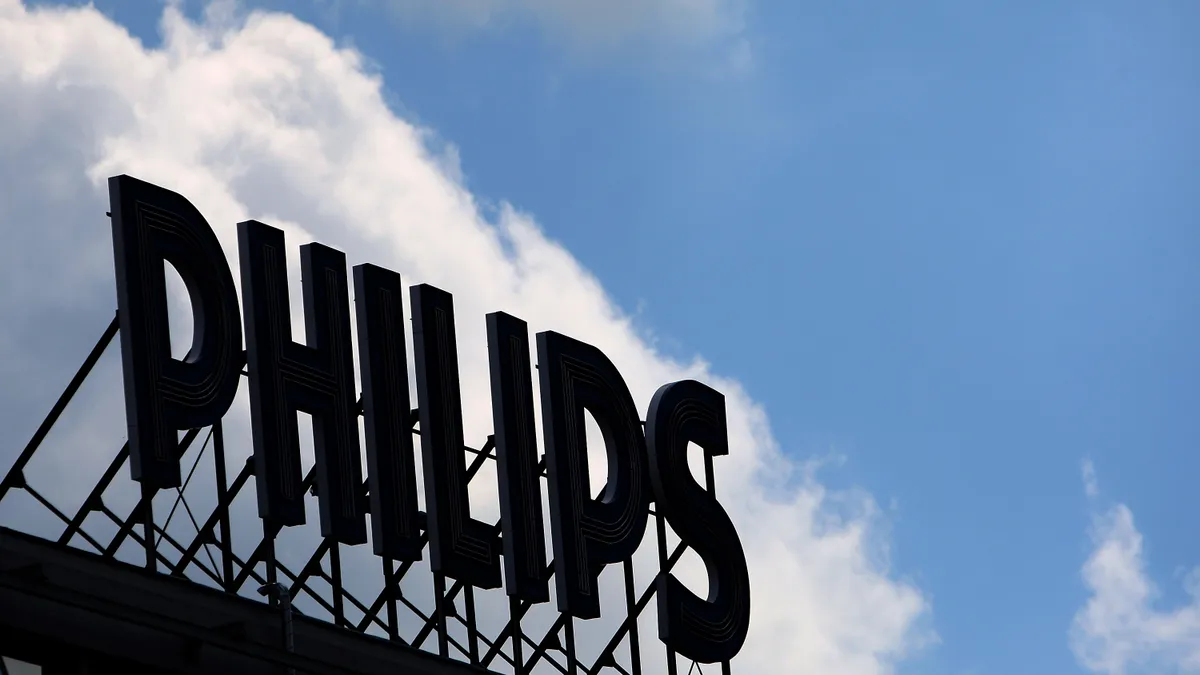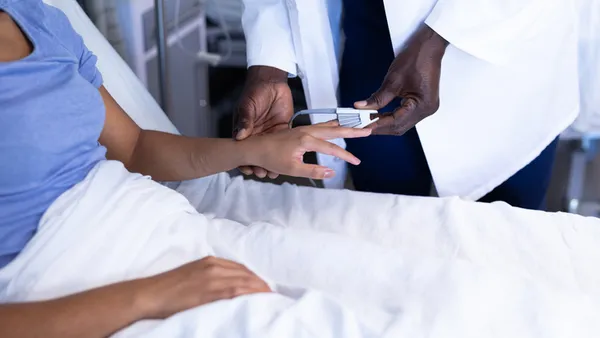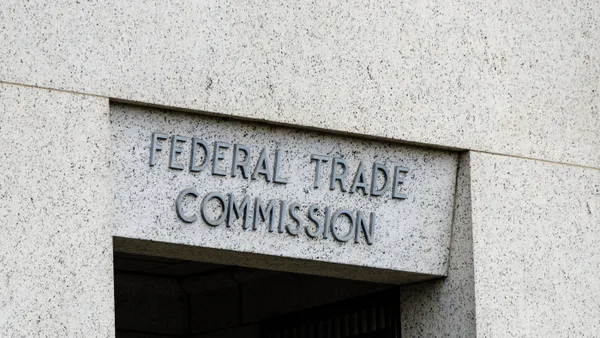Philips has agreed to stop selling new sleep therapy devices or other respiratory care products in the U.S., roughly two-and-a-half years after launching its massive recall of related products, the company said Monday.
The company agreed to the action as part of a consent decree it is entering into with the U.S. Department of Justice, representing the Food and Drug Administration. Philips has been negotiating the decree in light of the quality problems that led to its recall of more than 15 million sleep therapy and respiratory care devices. The decree is now being finalized ahead of its submission to a U.S. court for approval.
Philips shared details of the agreement as part of its fourth-quarter earnings call.
The company will continue to service sleep and respiratory care devices that are already in use and supply accessories, consumables, patient interface and replacement parts. However, Philips will not sell new continuous or bilevel positive airway pressure (CPAP/BiPAP) sleep therapy devices or other respiratory care devices in the U.S. until it meets “relevant consent decree requirements.”
Philips CEO Roy Jakobs told investors on the company’s earnings call “the decree is mainly focused on Philips Respironics in the U.S. and will provide a roadmap of defined actions milestones and deliverables to demonstrate compliance with regulatory requirements and to restore the business.”
Philips recorded 363 million euros ($392 million) in provisions related to the decree in the fourth quarter. The decree reduced comparable sales growth for the full year from 7% to 6%.
Philips CFO Abhijit Bhattacharya told investors the financial impact reflected “field action activities mainly related to the ongoing remediation of ventilators and provisions charged to costs for the remediation activities, inventory write downs and onerous contract provisions.”
Jakobs and Bhattacharya largely declined to provide more information in response to questions from analysts, with the CEO saying that “further details will become available once the content decree has been finalized and submitted through the relevant U.S. court for approval.” Philips is yet to provide a timeline for returning to the U.S. market. Jakobs said Philips has “a team lined up” to resolve the decree as soon as possible.
Philips’ activities outside the U.S. are unaffected by the consent decree. The company began re-entering certain international markets last year and has “already started to sell new CPAP and BiPAP devices,” Jakobs said.
Hospitals, China and portfolio pruning
In the U.S., Philips contacted customers “a few days ago” to disclose its “decision to discontinue the manufacture and sale of certain product lines ... primarily within respiratory care,” Bhattacharya said.
Jakobs framed the action as part of a policy of pruning the portfolio on an ongoing basis. The goal is to have a “less fragmented portfolio” and focus “efforts on the innovations that we can scale faster and better,” the CEO added.
Jakobs also used the call to discuss other factors that are affecting Philips’ performance. Hospitals and healthcare systems continue to “exhibit some cautious buying behavior,” the CEO said, but Philips expects “this to develop positively in the course of 2024, driven by improving hospital financials and more procedures.”
China’s anti-corruption measures “continued to impact short-term decision making by hospitals,” Jakobs said, “but this is not expected to impact fundamental demand” and the “order funnel remains very active.” The CEO expects growth to resume in China in the second half of the year, and for overall order intake and sales growth to be slightly loaded toward the back of 2024.












